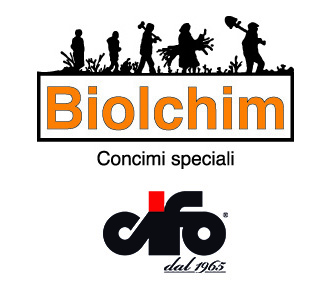Milano, August 8, 2022 – NB Renaissance, Chequers Capital and the Biolchim management team are pleased to announce that they have signed a binding agreement to sell the Biolchim Group (“Biolchim” or the “Group”), the Italian leader and a global producer and distributor of a full range of specialty fertilizers, mainly biostimulants, to J.M. Huber Corporation, one of the largest US family-owned companies whose products are used in a broad range of applications including agriculture, food and beverage, personal care, building materials and other.
Biolchim, managed and headed by Galileo Quattro SARL, is specialized in the production of a full range of branded specialty fertilizers with a particular focus on biostimulants. Combining agronomic efficacy and environmental sustainability, biostimulants are high value-added products thanks to their vegetable and organic origin. The Group built its success leveraging a business model based on a full product portfolio which includes several proprietary brands such as Biolchim, Cifo, Ilsa and Florimo; direct access to raw materials; and a global sales network supported by a highly specialized team of agronomists, biologists and chemists engaged in the development of innovative products and technologies. The Group sells to a very stable customer base in over 70 countries through both international commercial subsidiaries and specialized distributors.
Biolchim is a clear example of a business which promotes environmental sustainability in the agricultural sector. Biolchim’s product portfolio is based on proprietary technologies which use organic inputs from both renewable and industrial waste sources, transforming these inputs into high value-added products for professional and gardening use. Biostimulants, typically used in combination with traditional fertilizers, are mission-critical products for modern agriculture which increase yield and harvest quality. In addition, biostimulants optimize the use of agrochemical products and chemical fertilizers, increasing their efficiency as well as contributing to the reducing the usage of crop protection inputs.

